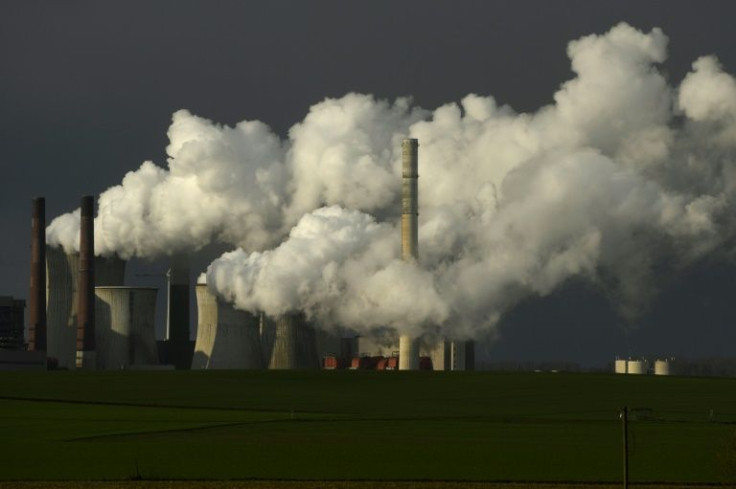Australian Carbon Capture Firms Partner With Japan's J-Power To Explore Offshore CO2 Storage

Australian carbon capture and storage firms deepC Store and Azuli have teamed up with Japanese utility Electric Power Development (J-Power) to explore two offshore areas for potential carbon dioxide storage.
The joint study agreement, which was disclosed Wednesday, focused on capturing and storing carbon dioxide from Japan and Australia in the surrounding regions of Australia's Bonaparte and Browse basins, which are about 200-250 km off the country's northwest coast, Reuters reported.
J-Power will become a joint venture participant in the greenhouse gas (GHG) acreages under the agreement, tendering financial support and positioning itself as a stakeholder in the development of the storage sites.
The program will involve acquiring liquefied CO2 from the predetermined regions in Australia, Japan, and neighboring countries, which then will be transported by ship to floating storage and injection facilities off the coast of Australia.
"We are very pleased to be awarded the 2 GHG Acreages that both show a good fit for 'CStore1,'" said deepC Store Managing Director Daein Cha in a statement.
"Azuli is thrilled to have secured these Australian GHG Acreages. We have long recognized the potential for CO2 sequestration in Australia and its potentially important role in supporting the decarbonisation ambitions of both Japan and Australia," said Azuli International Managing Director Hamish Wilson.
The project is the initial step of Australia's broader scheme to use carbon capture and storage technology to maintain its LNG export growth and reduce industrial emissions.
Through the project, Japan and Australia are joining forces to reduce carbon emissions and achieve carbon neutrality by 2050. Given the fact that Australia and Japan are important natural gas suppliers, this initiative will further their collaboration to battle climate concerns.
© Copyright 2025 IBTimes AU. All rights reserved.





















